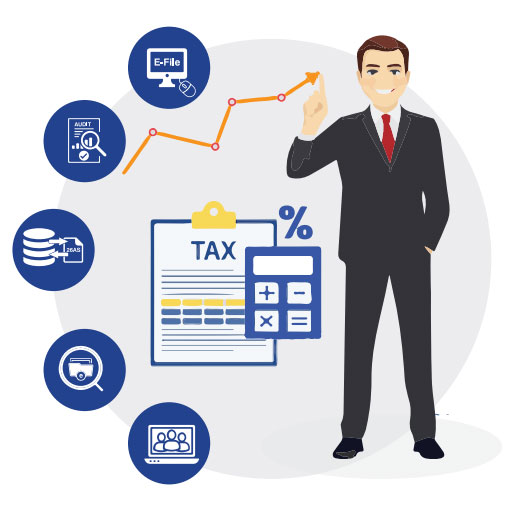Here’s how you can do it:
1.Create Relevant Accounts:
Set up specific accounts in your chart of accounts to track fuel expenses. You might create accounts such as “Fuel Expenses,” “Gasoline Costs,” or “Diesel Expenses.”
2.Document Fuel Purchases:
Whenever fuel is purchased for the vehicles used in the passenger transport service, obtain a detailed receipt or invoice. This should include the date of purchase, the quantity of fuel purchased, the unit price, and the total cost.
3.Recording Entries:
Make journal entries to record fuel expenses. Debit the “Fuel Expenses” account and credit the appropriate cash or accounts payable account if the purchase was made on credit.
4.Categorize by Vehicle:
If you have multiple vehicles, consider creating subcategories or departments within your “Fuel Expenses” account to allocate costs to specific vehicles. This can help you analyze fuel efficiency and costs on a per-vehicle basis.
5.Regular Reconciliation:
Reconcile fuel expenses regularly with the actual fuel purchases and usage. This helps catch any discrepancies and ensures accurate financial records.
6.Mileage Tracking:
Track the mileage of each vehicle to calculate fuel consumption. This can be used for more accurate cost allocation and performance analysis.
7.Consider Fuel Efficiency Metrics:
Implement fuel efficiency metrics such as miles per gallon (MPG) or liters per 100 kilometers (L/100km) to evaluate the effectiveness of your vehicles’ fuel consumption.
8.Separate Fuel Cards or Accounts:
Consider using dedicated fuel cards or separate bank accounts specifically for fuel expenses. This can streamline the tracking process and make it easier to monitor expenditures.
To visit: https://www.mca.gov.in/
9.Accounting Software:
Utilize accounting software to automate the tracking of fuel expenses. Many modern software solutions allow you to input fuel purchases and have the system automatically update your accounts.
10.Reporting and Analysis:
Regularly review your fuel expense reports to identify trends, anomalies, and opportunities for cost reduction. This can help you make informed decisions about optimizing fuel consumption.
11.Tax Deductions:
Keep in mind that fuel expenses might be tax-deductible in certain jurisdictions. Consult with a tax professional to ensure you’re accurately capturing these deductions.
12.Audit Trail:
Maintain proper documentation of all fuel-related transactions, including receipts, invoices, and expense records. This establishes an audit trail and ensures compliance with accounting and tax regulations.
By following these steps and maintaining accurate records, you can effectively account for fuel expenses in the bookkeeping of your passenger transport service. Remember that consistent and organized bookkeeping practices contribute to better financial management and decision-making.
FAQs:
- What is passenger transport accounting?
- Passenger transport accounting involves tracking and managing financial transactions relate to the operation of passenger transport services, such as buses, trains, or taxis.
- What are the main revenue sources for passenger transport?
- Main revenue sources include ticket sales, government subsidies, freight charges (for mixed transport), and advertising income.
- How is fare revenue recognize?
- Fare revenue is typically recognize when the service is provide, often at the time of passenger boarding or upon completion of the journey.
- What costs should be tracked in passenger transport accounting?
- Key costs include fuel, maintenance, driver wages, insurance, and depreciation of vehicles.
- How do you account for depreciation in transport vehicles?
- Depreciation is usually calculated using methods like straight-line or declining balance, reflecting the vehicle’s usage and lifespan.
- What is the importance of budgeting in passenger transport?
- Budgeting helps in forecasting revenues and expenses, enabling better financial planning and resource allocation.
- What financial reports are essential for passenger transport companies?
- Essential reports include income statements, balance sheets, cash flow statements, and operational performance reports.
- How are subsidies record in financial statements?
- Government subsidies are typically record as other income, impacting net income positively.
- What accounting software is commonly use in passenger transport?
- Commonly used software includes QuickBooks, Sage, and specialize transport management systems that offer integrated accounting features
For further details access our website: https://vibrantfinserv.com

